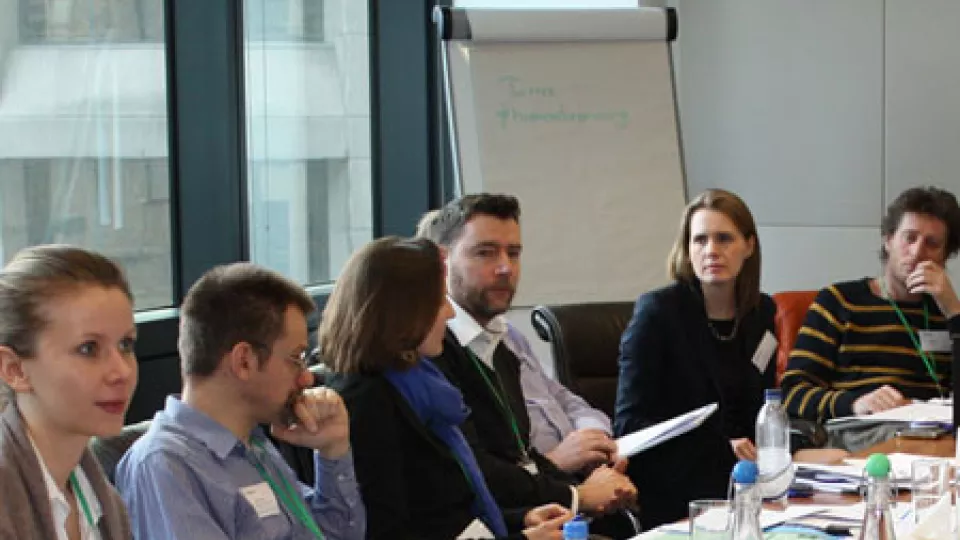
Search

Start Build Approves Eight New Initiatives
The Start Network recently approved eight capacity strengthening project proposals as part of the Start Build work stream.
Start Network Attending DIHAD 2014
The Start Network will be returning in style to the annual Dubai International Humanitarian Aid and Development Conference and Exhibition (DIHAD).
Developing effective surge capacity for a 21st Century humanitarian sector
Developing effective surge capacity for a 21st Century humanitarian sector.
Start Fund to re-launch early this year
The Start Fund will re-launch in the first quarter of 2014 thanks to donations from the UK Department for International Development (DFID) and Irish Aid.
CBHA submits written evidence to the International Development Select Committee
Inquiry into the Future of UK Development Cooperation Phase 1: Development Finance.
The Start Fund on IRIN
The humanitarian news and analysis forum IRIN has published a report on the Start Fund: NGOs look to a new humanitarian funding model.
